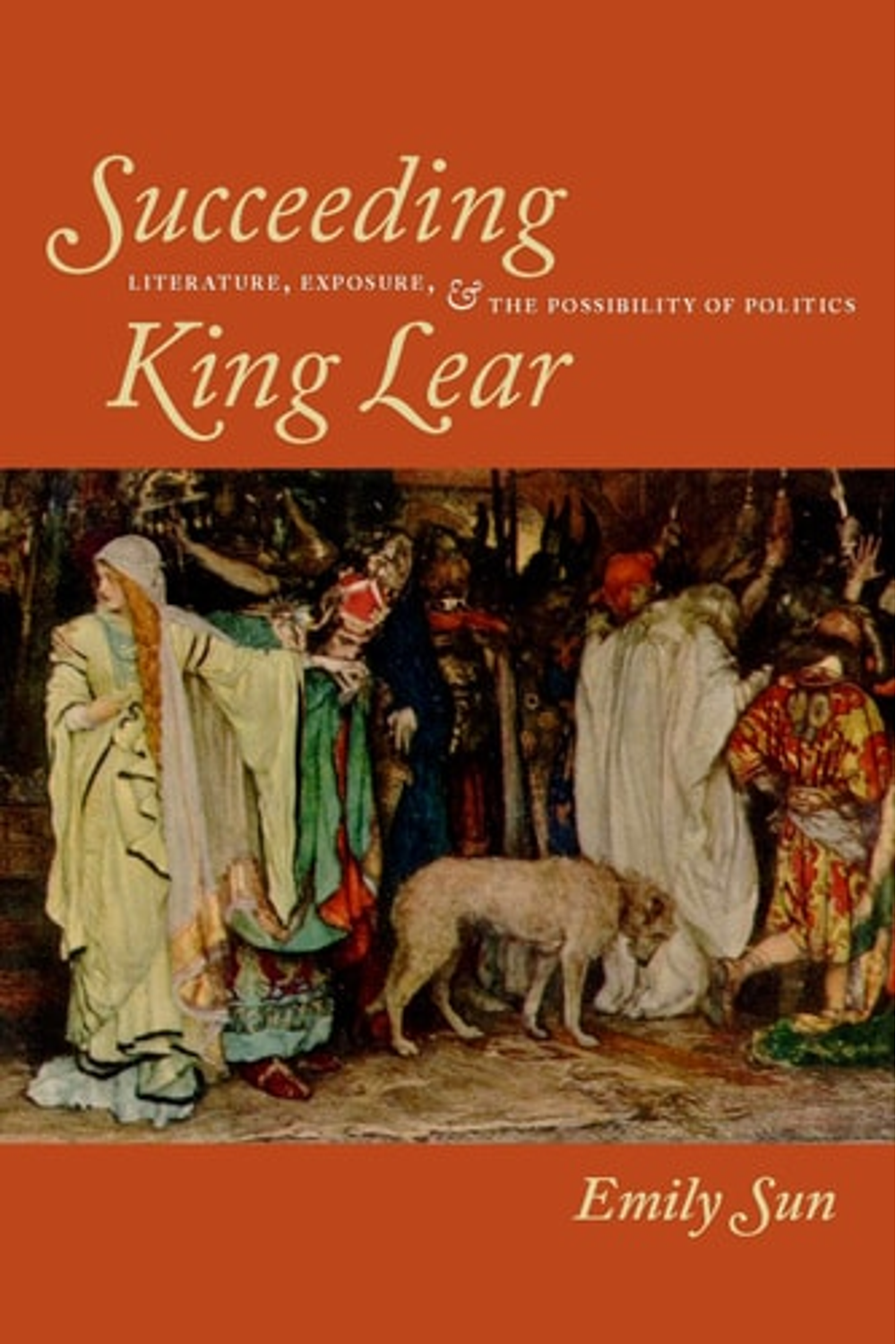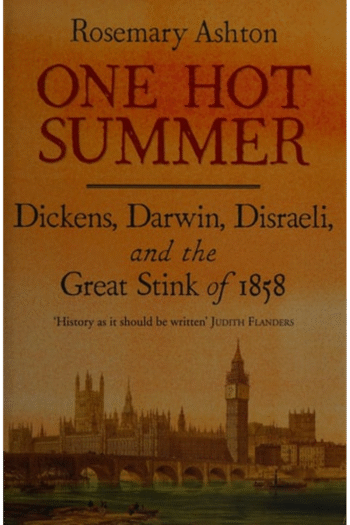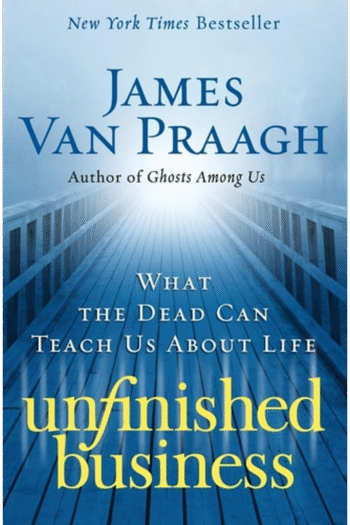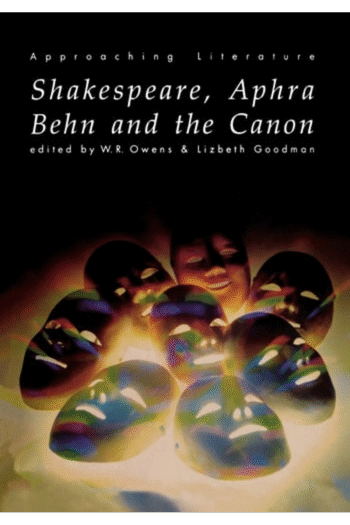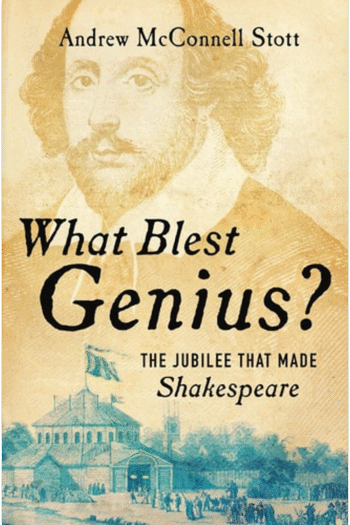Dive into the enduring legacy of Shakespeare’s *King Lear* with Emily Sun’s *Succeeding King Lear: Literature, Exposure, and the Possibility of Politics*. This book, a reprint from Fordham University Press, examines the play’s potent influence on William Wordsworth, and James Agee & Walker Evans’s *Let Us Now Praise Famous Men*. Sun argues that *King Lear* acts as a crucial touchstone for understanding the relationship between literature and politics in modernity, particularly in moments of societal upheaval. Explore how *King Lear*’s themes of sovereignty, justice, and familial discord resonated with Wordsworth following the French Revolution and with Agee and Evans during the Great Depression. Sun analyzes how these artists grappled with the play’s complexities, developing new artistic means to engage with and critique their own political landscapes. The book offers a fresh perspective on literary history, linking Shakespearean tragedy to British Romanticism and American Modernism, providing a nuanced understanding of how literature shapes our political understanding. Ideal for scholars of Shakespeare, Romanticism, Modernism, and literary theory.
Succeeding King Lear: Literature, Exposure, and the Possibility of Politics
14.26 $
In stock
This book investigates Shakespeare’s King Lear and its originative power in modern literature with specific attention to the early work of English Romantic poet William Wordsworth and to the American writer James Agee and photographer Walker Evans’s 1941 collaboration, Let Us Now Praise Famous Men. It examines how these later readers return to the play to interrogate emphatically the question of the relations between literature and politics in modernity and to initiate in this way their own creative trajectories. King Lear opens up a literary genealogy or history of successors, at the heart and origin of which, the author claims, is a crisis of sovereignty. The tragedy famously begins with the title character’s decision to give up his throne and divide the kingdom prior to his demise. In bringing to light the assumptions behind this logic, and in dramatizing its disastrous consequences, the play performs an implicit analysis and critique of sovereignty as the guiding principle of political life and gestures, beyond sovereignty, towards the possibility of a new aesthetic and political future.
The question of the relations between literature and politics does not only open up immanently or internally within King Lear, this book argues, but is also that which occasions a literary history of readers who return to the play as to an originary locus for dealing with a problem. Among such successors are Wordsworth in the 1790s after the French Revolution and Agee and Evans during the Depression in the 1930s, whose engagements with Lear, this book argues, were crucial to their development of new artistic means towards creating a democratic literature. In bringing British Romanticism and American modernism into contact with their literary political origins in Shakespeare, this book offers an original way of thinking literary history and a new approach to the question of the relations between literature and politics in modernity. In its interdisciplinary and cross-period scope, it will appeal to students and scholars of Shakespeare, Romanticism, modernism, literary theory, as well as literature and photography.
- Additional information
- Currencies
- USD – United States dollar
- EUR – Euro
- GBP – Pound sterling
- CNY – Chinese yuan
- BRL – Brazilian real
- MXN – Mexican peso
- JPY – Japanese yen
- PHP – Philippine peso
- THB – Thai baht
- PLN – Polish złoty
- CAD – Canadian dollar
- MYR – Malaysian ringgit
- AUD – Australian dollar
- TWD – New Taiwan dollar
- CZK – Czech koruna
- SEK – Swedish krona
- HUF – Hungarian forint
- ILS – Israeli new shekel
- CHF – Swiss franc
- HKD – Hong Kong dollar
- DKK – Danish krone
- SGD – Singapore dollar
- NOK – Norwegian krone
- NZD – New Zealand dollar

